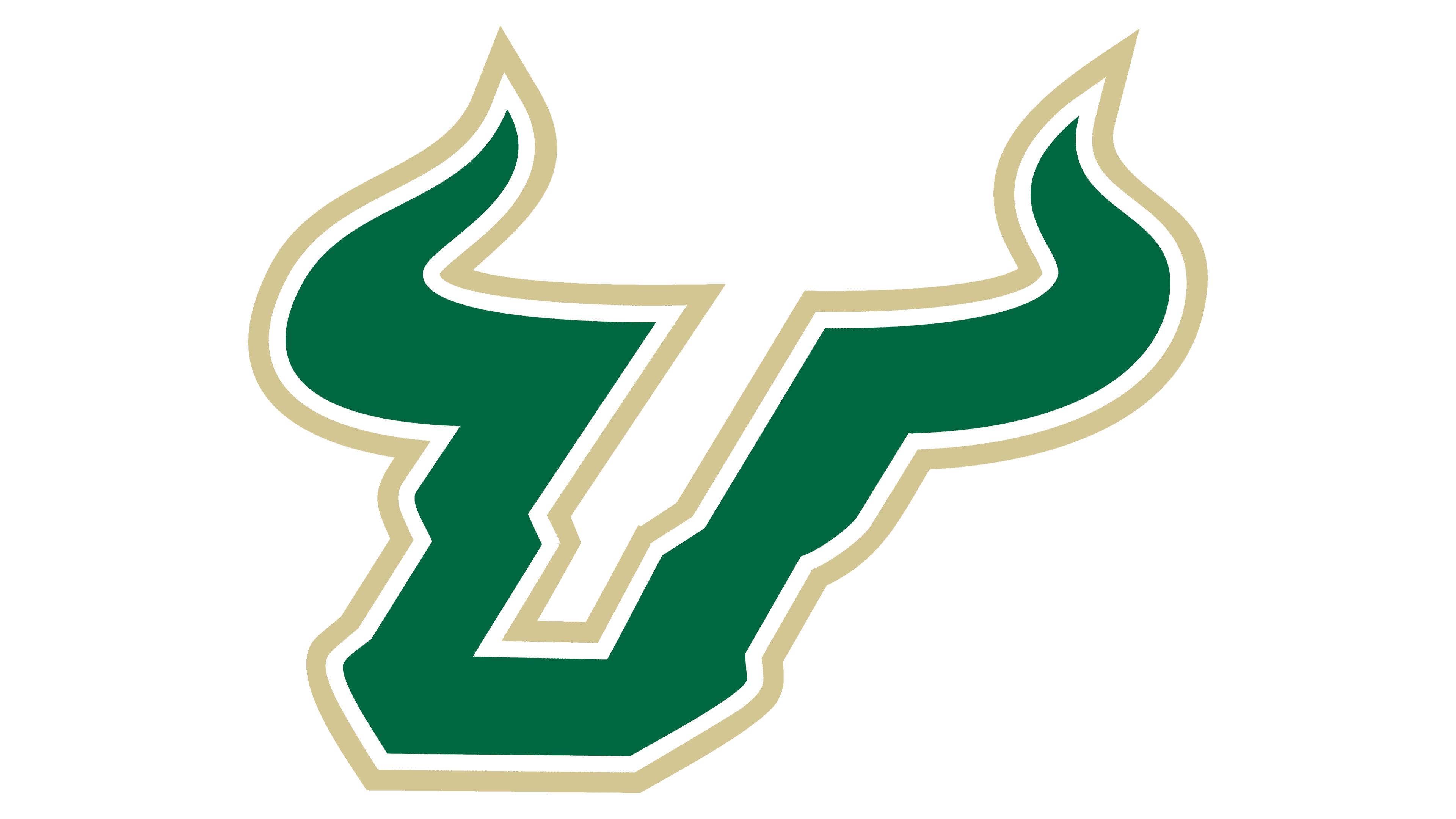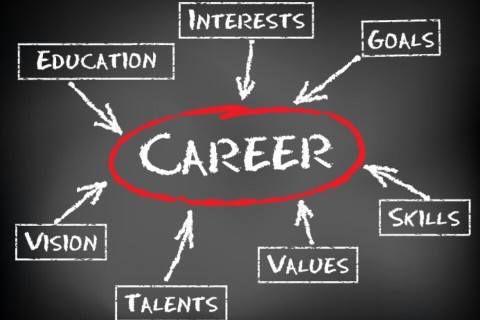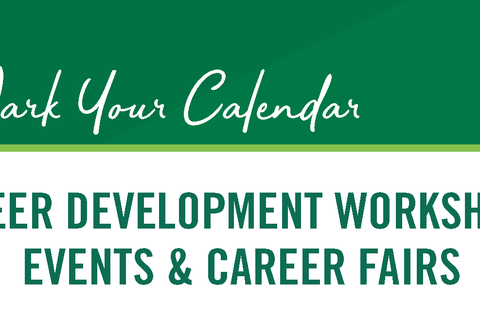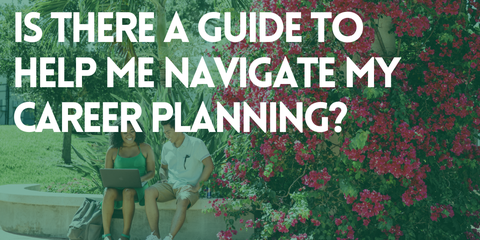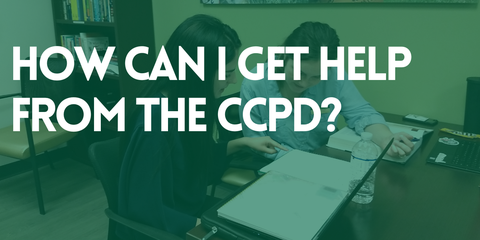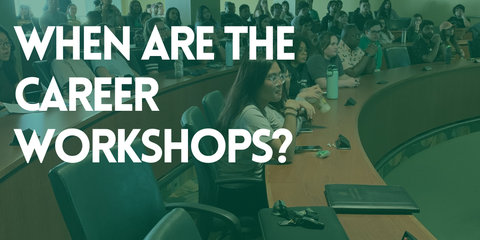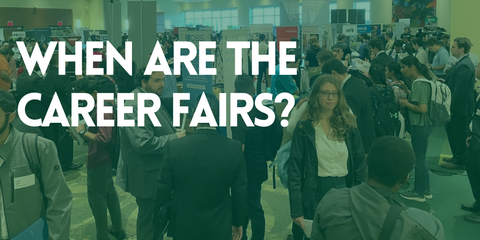INTERVIEW BASICS
If you’ve never been in a professional interview, you might feel pretty nervous and unsure of what to expect. And even if you’re a seasoned interviewer, you probably still have some uncertainty and could benefit from freshening up on your skills. As with everything else, when it comes to interviewing, practice makes perfect.
Before the interview, it’s important to do four things:
- Research the company.
- Practice and prepare questions.
- Review your image.
- Know the logistics (think location, time, and dress code).
Practice Answering Questions
This cannot be stressed enough: In order to do well, you must practice your answers to questions. There is no guarantee that the questions you are reviewing will be asked in the interview but practicing allows you to gain confidence with organizing and communicating responses, and it’s likely that similar questions will be asked, even if the wording is different. Use resources below such as Big Interview to practice.
General Interview Questions
- Tell me about yourself (similar to an elevator speech).
- How would your friends describe you?
- Describe three things that motivate you.
- What is your greatest weakness?
- Why are you the best person for this job?
- What experiences have prepared you for this position?
Behavioral Interview Questions
- Tell me about a time when you resolved a conflict within a team.
- Tell me about a time when you dealt with an angry customer or client.
- Describe a situation in which you demonstrated your analytical skills.
- Tell me about a time when you had to work under pressure.
- Tell me about a difficult decision you had to make.
- How should you answer questions?
In general, you should answer each question in 1-2 minutes. Practice being concise and not being too chatty, but also make sure you’re answering all parts of the question and providing enough information.
STAR is a great acronym to use when answering behavioral interview questions. In general, it helps you format your answers easily so that you’re answering all parts of the question and providing sufficient information.
- Situation: Describe the specific situation, and make sure you provide enough detail for your interviewer(s) to fully understand. This situation can be taken from your current job, or any previous jobs, internships, or volunteer experiences.
- Task: What was the task or goal you had to complete?
- Action you took: What did you do to change/address the situation? What specific steps did you take? Remember to focus on yourself and not the work of team members. Use the word “I”, rather than “we.” What did you do?
- Result you achieved: What were the outcomes of your actions? What happened, and what did you learn or take away from it?
Know the Logistics
Sometimes the excitement of the big interview can lend itself to forgetting other important details. Do not overlook the details of where, when, with whom, as they can also make or break an interview. Make sure you confirm the interview time and location of a particular company with the recruiter or point of contact. Also, always give yourself at least a 30-minute time buffer before your interview. Ideally, you should walk into the building 15 minutes early, which is early enough to show promptness but does not make the interviewer feel rushed.
Dress to Impress
When planning your interview attire, consider dressing one to two steps above what you would wear on the job. So if you would wear business casual attire daily, wear a suit for the interview. Your interview outfit should be clean, neutral, and fit you appropriately. Remember that you want to be remembered for what you say, not what you wear.
When you meet with your interviewer or interviewers, firmly shake their hand(s) and introduce yourself if you have previously not met. Make eye contact, and if you have a panel interview (more than one interviewer), make a special effort to make eye contact with everyone throughout the interview. This will show that you are engaging with each individual in the room. More importantly, remember to smile and be yourself.
Illegal Questions
Questions on the following topics are illegal in United States as they could potentially lead to employment discrimination.
- Marital status (Note: they can ask if you are authorized to work in the United States)
- Religion
- Race
- Age (Note: they can ask if you are legally allowed to handle some substances or content if required, i.e. Are you over 18 and able to serve alcoholic beverages?)
- Nationality (Note: they can ask if you are authorized to work in the United States)
- Disability (Note: they can ask if you would be able to perform certain specific job-related duties, such as lifting a certain amount of weight, i.e. Are you able to stand for 5 hours at a time and lift 30 pounds?)
Thoughts
Relax and be confident in yourself, your qualifications, and your preparation. Smile and make eye contact, sit up with good posture, try not to fidget. Listen to the questions asked, jot down notes if needed, and answer as directly and fully as possible without rambling. Remember to consider the reason for the question and answer to the intent. Connect your experiences and skills to the position as much as possible.
If you are asked a question that’s illegal (see list below) or inappropriate, the best response is to pause and calmly say something like “Is that job related?” Most often, the interviewer didn’t intend to ask an illegal or inappropriate question.
At the end of the interview, thank the interviewer(s) and reiterate your interest in the position. If in person, request the interviewer’s business card.
Thank You Notes
Thank-you notes give you an opportunity to reiterate your interest in the position. We also recommend including 1-2 items that particularly impressed or impressed you. This helps to showcase your interest and demonstrate that you were paying attention to what the interviewer(s) said.
If possible send a physical note within 24 hours or the interview. If a more pressing timeline exists, send your note(s) within 24 hours of each interview in the body of an email. If you had multiple interviewers, you can send notes to each person.
Follow-up
If you haven’t heard from the organization within a few weeks of your interview, you can send a follow up email to the hiring manager or the primary contact. Reiterate your interest and your hope to hear from them soon. It may not mean anything other than they are continuing the process amidst other responsibilities.
You may or may not hear if someone else was selected. Some organizations will inform all candidates when the position is filled; others will not. We recommend a maximum of 2 follow-up emails, at least a week apart. If there’s still no response, move on as the position may have been filled.
